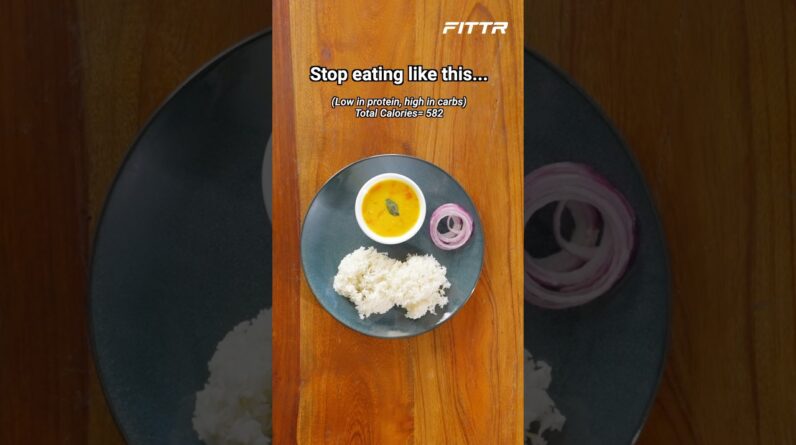
Whole Wheat Wonder: The Champion of Health
When it comes to bread, not all loaves are created equal. With countless options available on supermarket shelves, it can be difficult to determine which bread is best for your health. Fear not, as we unveil the ultimate showdown of the healthiest loaves to help you make an informed decision for your well-being!
First up in our bread showdown is the reigning champion of health – whole wheat bread. Whole wheat bread is made from flour that contains the entire grain kernel, including the bran, germ, and endosperm. This means it retains all the nutrients and fiber that are stripped away during the refining process of white bread.
Whole wheat bread is an excellent source of complex carbohydrates, fiber, and essential nutrients like B vitamins and minerals. It has a lower glycemic index than white bread, meaning it releases sugar into the bloodstream at a slower rate, providing sustained energy and preventing blood sugar spikes.
Additionally, whole wheat bread is rich in dietary fiber, which aids digestion, promotes satiety, and helps maintain a healthy weight. It also contains antioxidants and phytochemicals that have been linked to a reduced risk of chronic diseases, including heart disease and certain types of cancer.
Sourdough Surprise: The Fermented Delight
Next in our showdown is the sourdough bread, which has gained popularity for its unique taste and potential health benefits. Sourdough bread is made through a fermentation process using naturally occurring yeasts and bacteria.
This fermentation process results in the breakdown of gluten and phytic acid, making sourdough bread easier to digest compared to other bread types. It also enhances the bioavailability of nutrients, making them more accessible to your body.
Sourdough bread has a lower glycemic index than many other breads, reducing the impact on blood sugar levels. It also contains prebiotics and probiotics, which support a healthy gut microbiome and may improve digestion and overall gut health.
However, it is important to note that not all sourdough bread is created equal. Look for bread labeled as “true” or “authentic” sourdough, as some commercially available options may not undergo a proper fermentation process.
Gluten-Free Goodness: Catering to Special Diets
For individuals with celiac disease or gluten sensitivity, finding a healthy and delicious bread option can be challenging. Fortunately, there are now numerous gluten-free bread varieties available to cater to these dietary needs.
Gluten-free bread is typically made from alternative grains like rice, quinoa, or millet. These grains are naturally gluten-free and provide a range of nutrients. However, it’s important to read the labels carefully, as some gluten-free breads may contain additives and excessive amounts of sugar or unhealthy fats.
When choosing gluten-free bread, opt for those made with whole grains to ensure you’re getting the most nutritional value. Look for options that are also fortified with additional vitamins and minerals, as some gluten-free flours may be less nutrient-dense than wheat flour.
The Low-Carb Contender: Embracing Keto-Friendly Breads
In recent years, low-carb and ketogenic diets have gained popularity, leading to the emergence of bread alternatives that cater to these dietary preferences. These breads are typically made with ingredients like almond flour, coconut flour, or flaxseed meal.
Keto-friendly breads are significantly lower in carbohydrates compared to traditional bread, making them suitable for individuals following a low-carb or ketogenic lifestyle. They often contain higher amounts of healthy fats and protein, which can promote satiety and support weight management.
However, it’s worth noting that low-carb bread alternatives may not provide the same texture and taste as traditional bread. They can also be more expensive and may not be readily available in all supermarkets.
Conclusion: The Bread Winner for Your Health
Choosing the healthiest bread for your well-being ultimately depends on your dietary needs, preferences, and health goals. Whole wheat bread stands as the champion in terms of overall nutritional value, providing essential nutrients and fiber.
However, if you’re looking for a unique flavor profile and potential digestive benefits, sourdough bread may be the right choice for you. Individuals with celiac disease or gluten sensitivity can opt for gluten-free bread made from wholesome grains.
For those following a low-carb or ketogenic lifestyle, keto-friendly bread alternatives offer a satisfying option that aligns with their dietary goals.
Remember to always read the labels, choose bread made from high-quality ingredients, and opt for those that are minimally processed. Ultimately, the healthiest bread for you is the one that fits your individual needs and supports your overall well-being!








